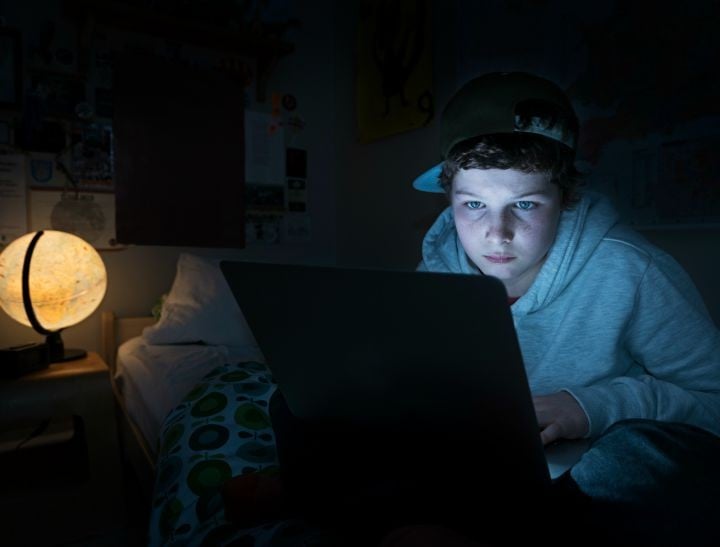

Here are the signs to watch out for.
Parents deal with a lot on a day-to-day basis. Personally, I am dealing with a lot – and it’s fair to say that I’m struggling a little to keep up with every single thing that is going on in my three kids’ lives, both online and off.
And it’s a worry – because the internet doesn’t shut down at 3pm when the bell sounds, which means that your child could be being bullied from beyond the schoolyard. It could be happening in your home and you don’t even know it.
In fact, a recent survey by internet security company Norton revealed that 74 per cent of Australian parents are oblivious to their kids’ online activities. Around 41 percent of Australian parents surveyed never check their children’s online activities, 52 per cent never discuss sexting, 41 per cent never discuss cyberbullying and 37 per cent never discuss stranger danger online. Eek.
So, how can parents recognise the signs and get help if their child is being cyberbullied?
I asked Dr Suzy Green, clinical psychologist and founder of The Positivity Institute. She told me how to spot the most telling ‘signs’ of cyberbullying.
1. They’re not their normal self.
You notice they are behaving in ways that are not part of their usual behavioural repertoire, such as talking and socialising less, changing their eating and sleeping patterns, or often withdrawing to their bedroom and away from family meals and events.
These changes in behaviour are driven by a change in emotions such as sadness, shame or fear.





























































































